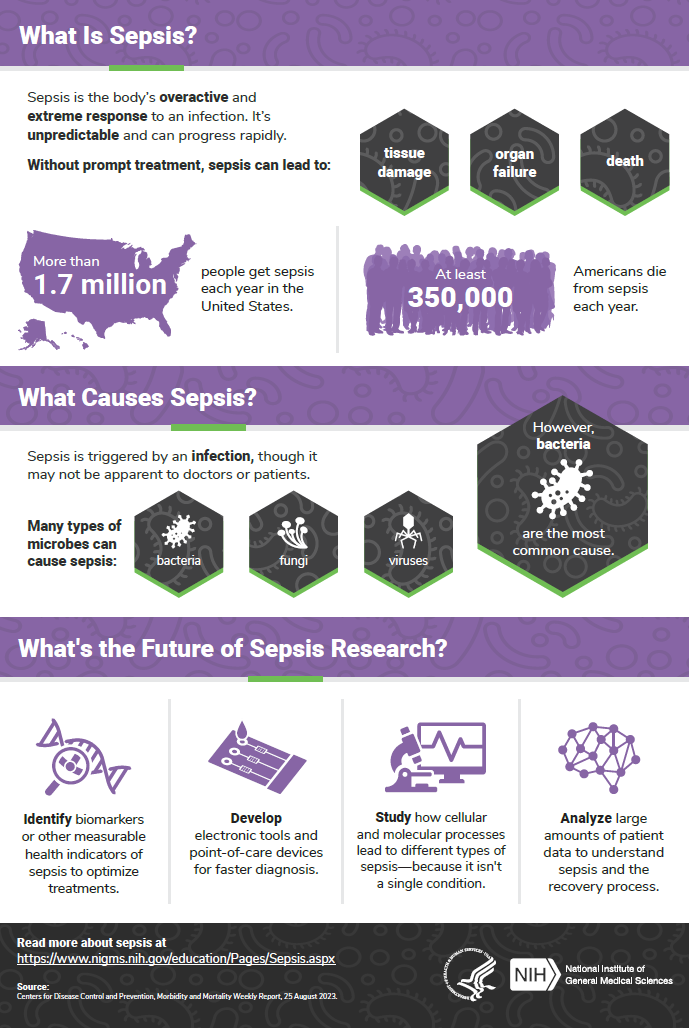
In an immersive virtual reality environment called “Snow World,” burn patients distract themselves from their pain by tossing snow balls, building snowmen and interacting with penguins. Credit: Ari Hollander and Howard Rose, copyright Hunter Hoffman, UW,
www.vrpain.com 
.
You glide across an icy canyon where you meet smiling snowmen, waddling penguins and a glistening river that winds forever. You toss snowballs, hear them smash against igloos, then watch them explode in vibrant colors.
Back in the real world, a dentist digs around your mouth to remove an impacted tooth, a procedure that really, really hurts. Could experiencing a “virtual” world distract you from the pain? NIGMS grantees David Patterson and Hunter Hoffman show it can.
Patterson, a psychologist at the University of Washington (UW) in Seattle, and Hoffman, a UW cognitive psychologist, helped create the virtual reality program “Snow World” in an effort to reduce excessive pain experienced by burn patients. However, the researchers expect Snow World to help alleviate all kinds of pain, including pain experienced during dental procedures.
Continue reading “A World Without Pain”




 Credit: Murray Foubister.
Credit: Murray Foubister.  Neha John-Henderson, Ph.D., Montana State University. Credit: Kelly Gotham.
Neha John-Henderson, Ph.D., Montana State University. Credit: Kelly Gotham.
